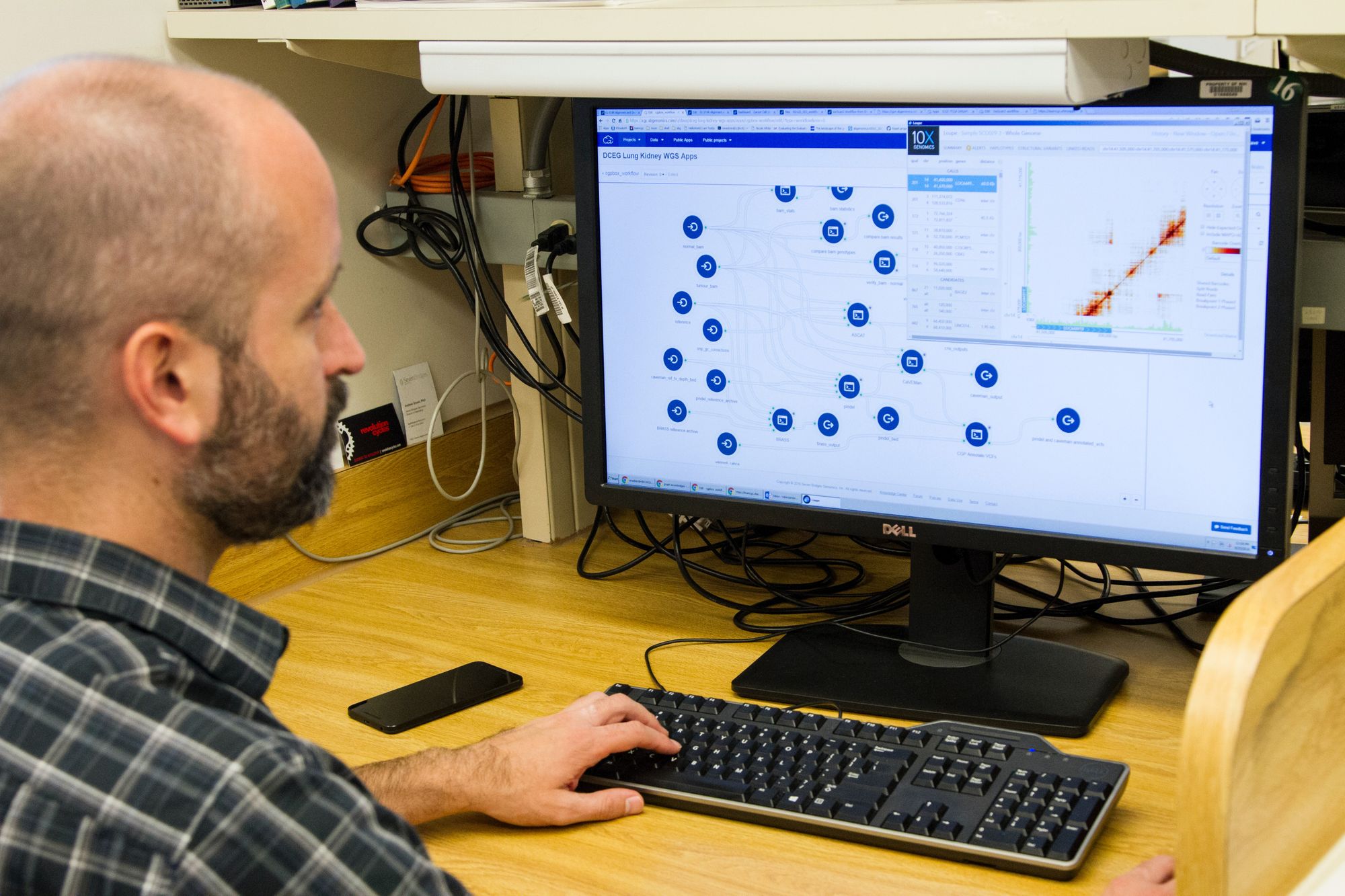What is Medical Management in Healthcare?
What does medical management refer to? What are some jobs in medical management and where can I find them?

This article explains what medical management is all about, what are the jobs available and some examples of it in practice.
What is medical management?
Medical Management is an umbrella term for two processes that occur at two different levels.: the patient level and the organisational level.
First, also known as medical case management, this process simply refers to the direct management of a patient’s medical condition for the purposes of treatment of disease, injury or disorder.
For example, the medical management of kidney stones can include the use of dietary or pharmacological approaches to reduce uric acid production. The medical management of kidney stones can also include educating the patient about the risk factors of the condition, how to manage them as well as about the surgical procedures that may be needed.
This task is often undertaken by a team of healthcare professionals such as doctors, nurses, pharmacists and physiotherapists etc.
Second, medical management can refer to management of how medical treatment is delivered on a larger scale, say at the hospital or health system-wide level to meet the needs of all patients.

This involves managing the health organisation from a business perspective. Recall your last visit at the hospital. Were the facilities clean and well-maintained? Were you served by knowledgeable staff? Did you have a pleasant patient experience? In fact, tasks such as the management of facilities and human resources, improving the patient experience and implementing hospital policies are examples of medical management at the organisational level. They are usually done by healthcare administrators. However, given the healthcare sector's requirement for highly specific knowledge, such tasks can and often involve healthcare professionals as well.
To find out more about the examples of medical management roles, check out this insightful and concise clip about a medical student's experiences as an intern in Quality Improvement (0:55) and Health Information Management (3:36) roles. He shares what he experiences on the job, their perks and starting salaries in the US.
Examples of tasks
Below are more examples of responsibilities you may be involved in as a part of medical management.
- Manage healthcare staff and their responsibilities.
- Improve patient care and patient experience.
- Manage the storage and privacy of patient information.
- Ensure that everything within the healthcare organisation runs smoothly.
- Ensure that health services within the organisation are effective and utilised appropriately.
- Ensure healthcare professionals receive continuous education in their respective fields.
- Coordinate the integration of care to fulfil patient needs in a cost-effective and satisfactory manner.
Job Opportunities

Next, here is a list of just some of the jobs that are key to medical management.
- Corporate roles in human resource, legal, finance, procurement, communications and operations departments.
- Data management roles in big data analytics and management of health records.
- Technology roles in cyber-security and automation of services.
- Quality control and assurance roles in risk management, product regulation and surveillance.
- Strategic planning roles such as programme coordination, policy planning and healthcare transformation.
Finally, you can find medical management jobs in most healthcare settings.
Their availability however, depends on the size and scope of the organisation. Some areas to start looking for include:
- Health services department at the ministry for health or other relevant governmental organisations
- Health services software businesses
- Medical technology companies
- Local acute or community hospitals
- Primary care centres
- Rehabilitation centres
- Nursing homes
- Hospices

There you have it! A huge range of educational qualifications and experiences are suitable for jobs in medical management. You do not require a professional background or degree in the healthcare sciences at all. While there are opportunities for further studies in medical management, or more broadly speaking, healthcare administration, you don’t need them to get your foot through the door.
In summary, this article explained how medical management can refer to (1) the direct management of a patient’s medical condition and (2) management of how medical treatment is delivered on a larger scale. It also talked about the possible jobs available and how these jobs may look like in practice.
Stay updated on the best insights from public health professionals.